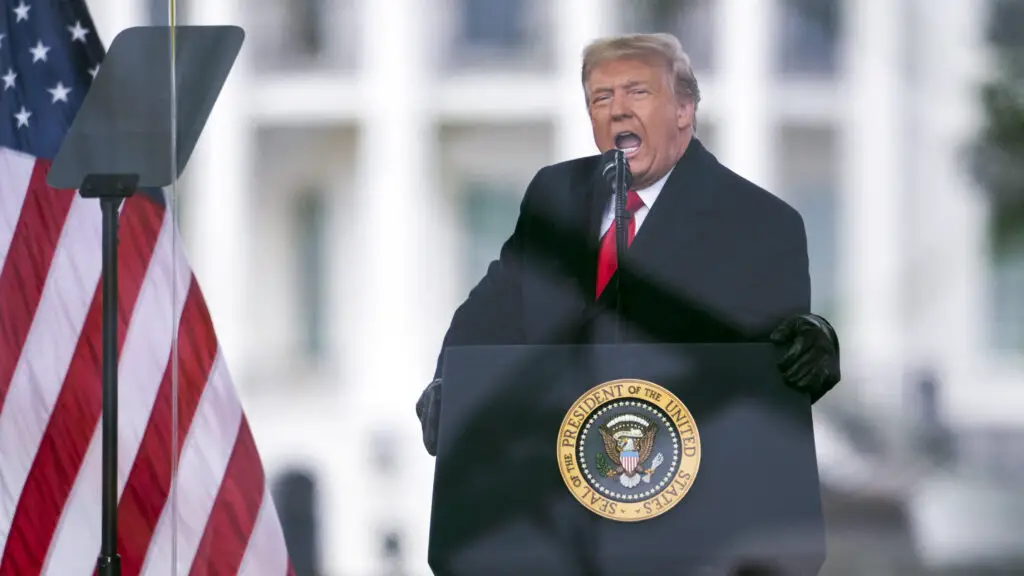
The political stage is set for the upcoming Milwaukee debate, but it will be missing one of its most prominent figures: former President Donald Trump. His decision to abstain, influenced by his lead in recent opinion polls, has reshaped the debate’s dynamics and has become a focal point of discussion in political circles. As the GOP prepares for this significant event, the implications of Trump’s absence are vast and warrant a closer examination.
A recent CBS poll showcased Trump’s popularity, with a remarkable 62% of Republican voters voicing their support. Such numbers, especially when juxtaposed with the 16% support for Florida Governor Ron DeSantis, provide a window into Trump’s strategic thinking. With such a robust lead, the former president might feel that his position is secure enough to forgo the debates, allowing other candidates to vie for attention.
However, the decision to skip the debates is not without its nuances. Historically, debates have been a platform for candidates to articulate their vision, challenge their opponents, and connect with the electorate. By choosing not to participate, Trump is eschewing a time-honored tradition, signaling a new era in political campaigning. This move could be seen as a testament to his confidence or a tactical decision to avoid potential pitfalls.
With Trump’s absence, the debate stage in Milwaukee will look markedly different. Other candidates, previously overshadowed by Trump’s larger-than-life persona, will now have an opportunity to step into the limelight. This scenario could lead to a more diverse range of viewpoints and a deeper exploration of the issues that matter to the Republican base.
For candidates like DeSantis, Trump’s decision is a double-edged sword. On one hand, it offers a chance to occupy center stage and make a case to the electorate. On the other, it also means facing increased scrutiny and challenges from fellow candidates. The dynamics of the debate are set to shift, with candidates recalibrating their strategies to navigate a post-Trump debate landscape.
Beyond individual candidates, Trump’s decision has broader implications for the GOP as a whole. The party, which has been grappling with its identity in the wake of Trump’s presidency, now faces a pivotal moment. The debates offer a chance for the GOP to define its future direction, articulate its core values, and rally its base. With Trump’s absence, the party might witness a more fragmented debate, with multiple voices and visions vying for attention.
In conclusion, while Trump’s decision to abstain from the debates has undoubtedly reshaped the GOP’s political landscape, it has also opened the door for new narratives, strategies, and leaders to emerge. The Milwaukee debate is now poised to be a pivotal event in the run-up to the 2024 elections. As the GOP grapples with its identity in a post-Trump era, all eyes will be on DeSantis and other contenders as they navigate this new landscape and make their case to the American people.
Source Trending politics
